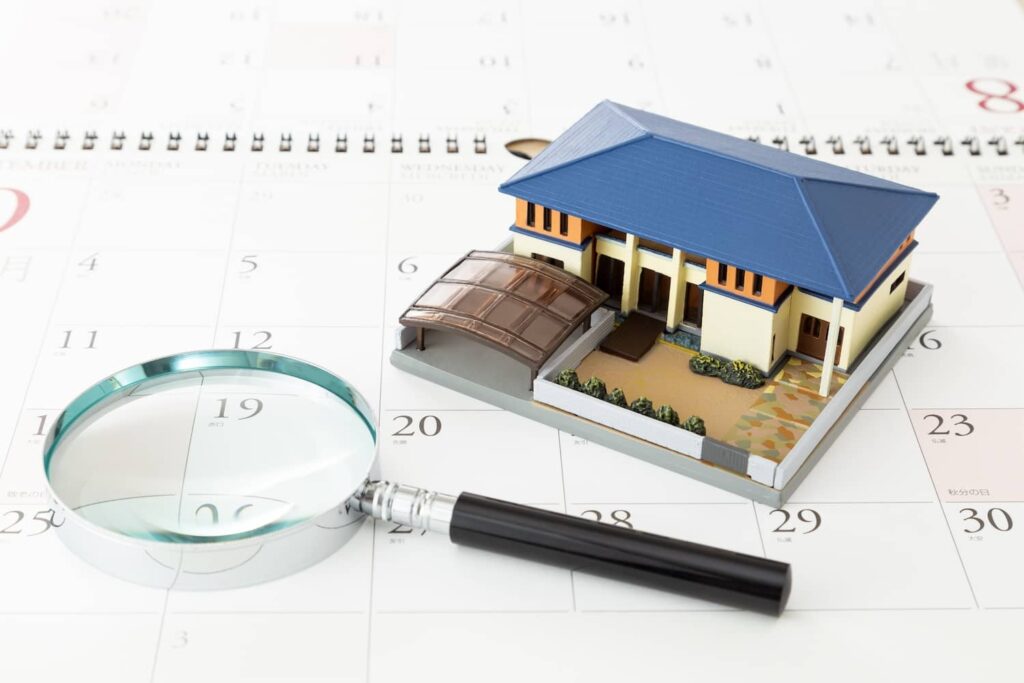How Long is a House Inspection Valid?
Navigating the twists and turns of property transactions and maintenance? A valid recent inspection of a house often plays a big role in shaping those decisions. But beyond just a checkbox on a long to-do list, what are we as homeowners expected to know about the process?
Understanding home inspections and how long their findings remain relevant can significantly impact property management, purchase, and sale. In this post, we\’ll highlight and translate the nuances of inspection validity, its pivotal role in safeguarding your investment, and even cover recommended maintenance before wrapping up.
The Importance of Timely Inspections
- Risk Identification – They highlight current or potential issues, allowing for early intervention.
- Decision Support – For buyers, sellers, and homeowners alike, the most recent information from an inspection can be the deciding factor in transactions or maintenance plans.
- Investment Protection – By identifying issues early, timely inspections can save you from costly repairs in the future.
While inspection scope and orders can vary, here\’s an overview of what you can expect.
House Inspection Scope and Purpose
- Structural Integrity – Examining the foundation, walls, ceilings, and floors for stability and safety.
- Electrical Systems – Ensuring wiring, outlets, and electrical panels meet safety standards.
- Plumbing – Checking pipes, faucets, and sewage systems for leaks or blockages.
- Heating and Cooling Systems – Assessing furnaces, air conditioners, and ductwork for proper operation.
- Roof and Attic – Looking for leaks, insulation issues, and structural integrity.
Purpose
Typical Validity Period
Factors with an Impact
- Property Condition Changes: New damages or wear and tear can arise, altering the home’s condition since the last inspection.
- Regulation Updates: Building codes and regulations evolve, potentially making previous inspection findings obsolete.
- Lender and Insurer Requirements: Some financial institutions or insurance companies have specific criteria for inspection validity.
A stable property in an area with consistent regulations might see its inspection report stay relevant longer, whereas dynamic environments could shorten this timeframe.
When to Call a Professional
- Spotting Potential Issues: Early detection of minor problems can prevent them from escalating.
- After Severe Weather: Professionals can assess hidden damages following storms or natural disasters.
- Pre-Renovation Assessments: Understanding the full scope of necessary work and potential issues is essential before starting major home improvements.
Other Recommended Maintenance
- Leak Checks: Regularly inspect your home for leaks or water damage, especially after rain.
- Roof and Gutter Maintenance: Clean and inspect these areas seasonally to prevent issues.
- Safety Device Testing: Monthly tests of smoke and carbon monoxide detectors are crucial for your safety.
- Pest Inspections: Regular checks can prevent infestations that might cause significant damage.
Final Thoughts
In property ownership, staying ahead means proactive vigilance in addition to timely reaction. A house inspection is not just a snapshot or a countdown, but a roadmap for future action.
Consequently, understanding its validity, and integrating regular maintenance practices, transforms how you protect and enhance your property\’s value and safety. For other inspection inquiries or to schedule your house\’s next check-up in Atlanta, GA, and surrounding areas, call Champia Real Estate Inspections.
